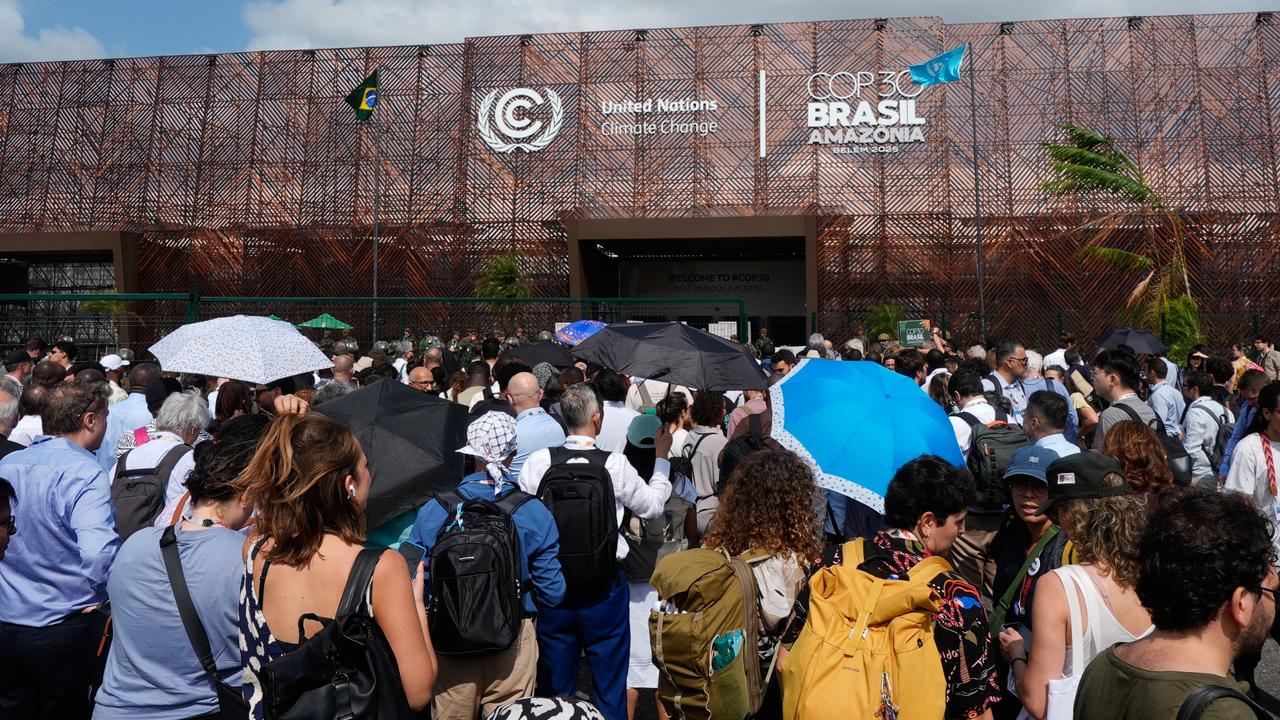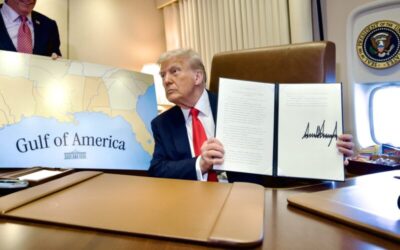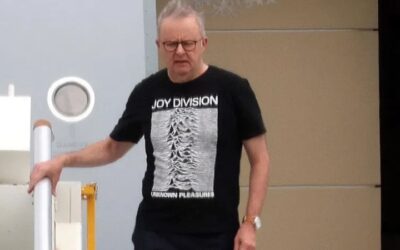Australia will make a last-ditch attempt to host the world’s biggest climate conference and bring a years-long deadlock to an end.
Climate Change Minister Chris Bowen set off on Saturday for the United Nations Climate Change Conference, also known as COP30, in the Amazonian city of Belem to represent Australia and try to seal the deal on hosting rights for the 2026 event.
The federal government first revealed it would make a tilt at co-hosting COP31 with Australia’s Pacific neighbours, in 2022.
But in the years since, Turkey has doubled down on its own bid for the event, setting up a stalemate that has to be resolved before the 2025 conference ends on Friday.
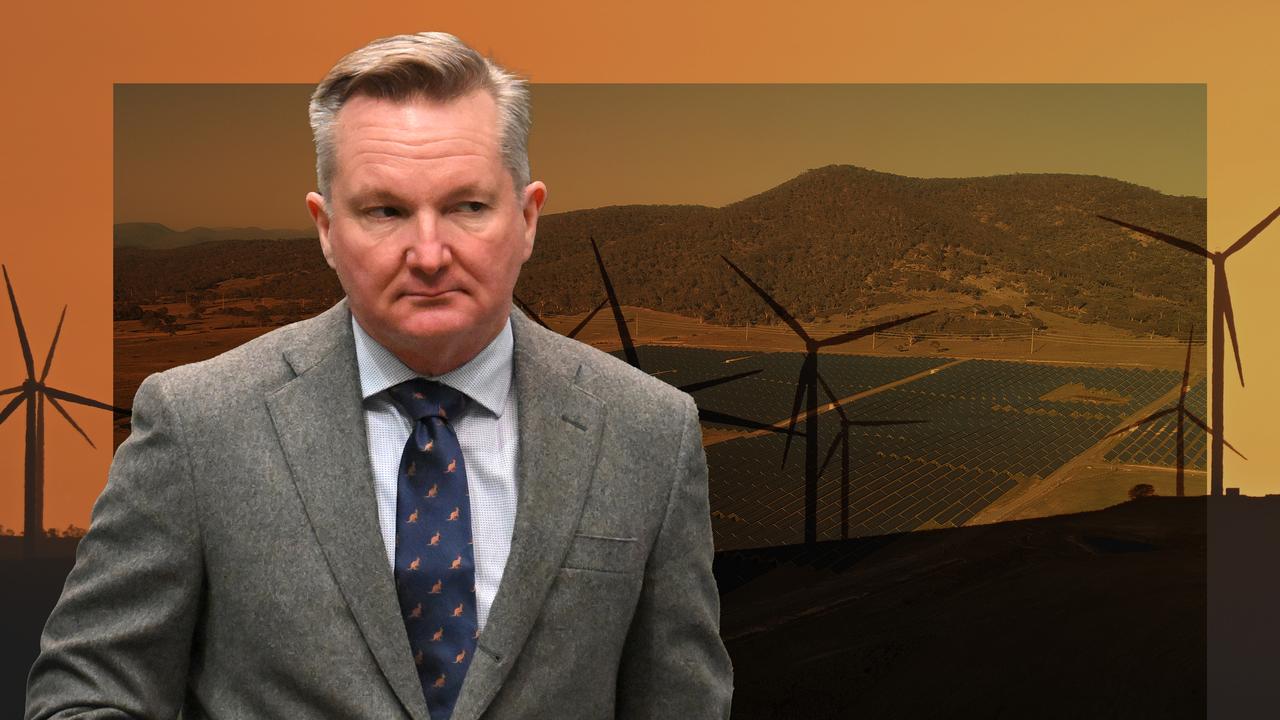
“It’s not a matter of fighting on for months afterwards – it gets decided at this conference,” Mr Bowen told reporters before his flight from Sydney Airport.
“Australia has the overwhelming support of the world to host COP31 but that’s not how the system works.
“It’s not a ballot process … that means we need to reach an agreement with Turkey – that’s difficult.”
He said he would continue to have conversations with Turkish counterparts over the upcoming week.
But the bid has been overshadowed by domestic climate policy after the Liberal party dropped its net-zero emissions target in a decision to be rubber-stamped on Sunday.
Liberal MP Leon Rebello maintained the party’s choice was “driven by what’s right for Australia”, despite the majority of Australians believing the government should adhere to net zero by 2050 in some way, according to the Resolve Political Monitor.
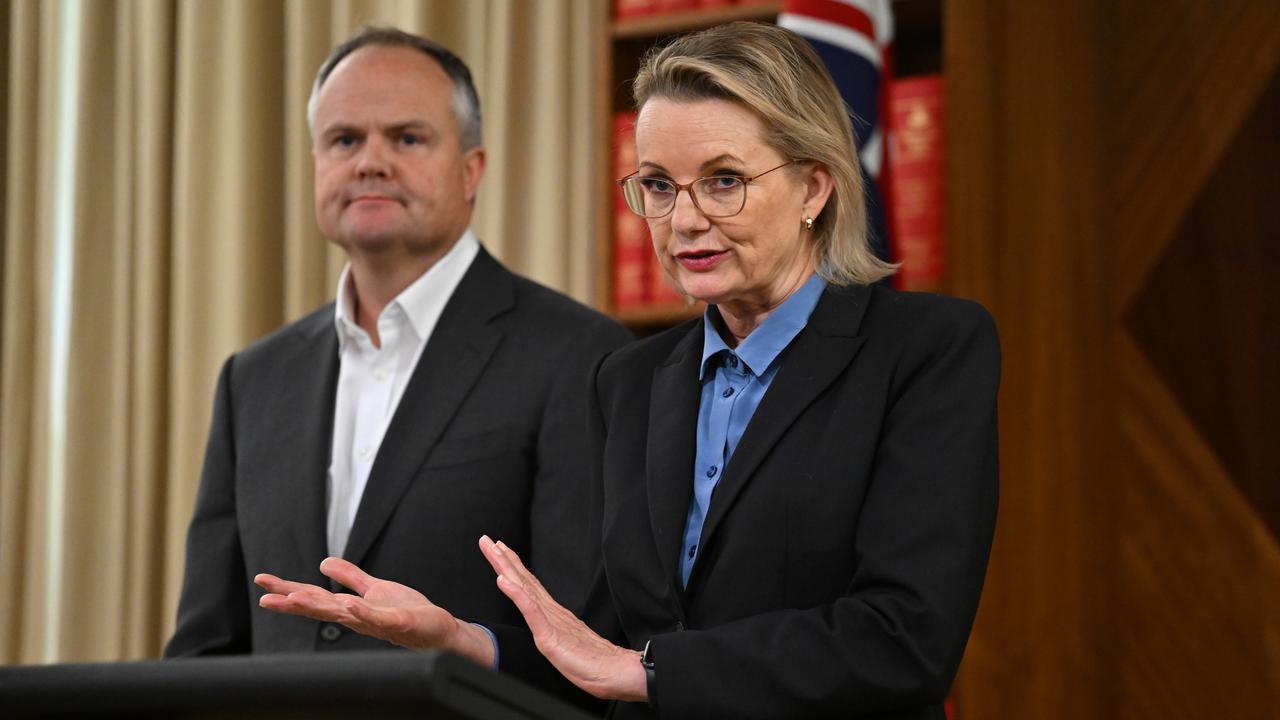
“We don’t support net zero by 2050 and the reason is … because we have the licence to step away from it and put our own way forward,” he told Sky News on Saturday.
He claimed Labor’s plan was failing on reducing emissions and driving up energy prices – though experts like those at the Australian Energy Market Operator continue to find that wind and solar backed by storage and transmission are the lowest-cost new-build electricity generation technologies.
The opposition’s emissions target stoush has allowed Labor to position itself as being stronger on climate.
However the Labor government has also made a number of controversial decisions that have drawn the ire of environmental groups and now the United Nations has also begun to take notice.
Astrid Puentes Riano, the UN Special Rapporteur on the human right to a clean, healthy and sustainable environment, filed an application on Friday to intervene in three Federal Court challenges over the controversial extension to Woodside’s North West Shelf gas project.
The move would allow her to intervene as an amicus curiae or “friend of the court” in cases against the environment minister by the Australian Conservation Foundation and the Friends of Australian Rock Art, meaning she would be able to offer information or expertise on the case without being a party.
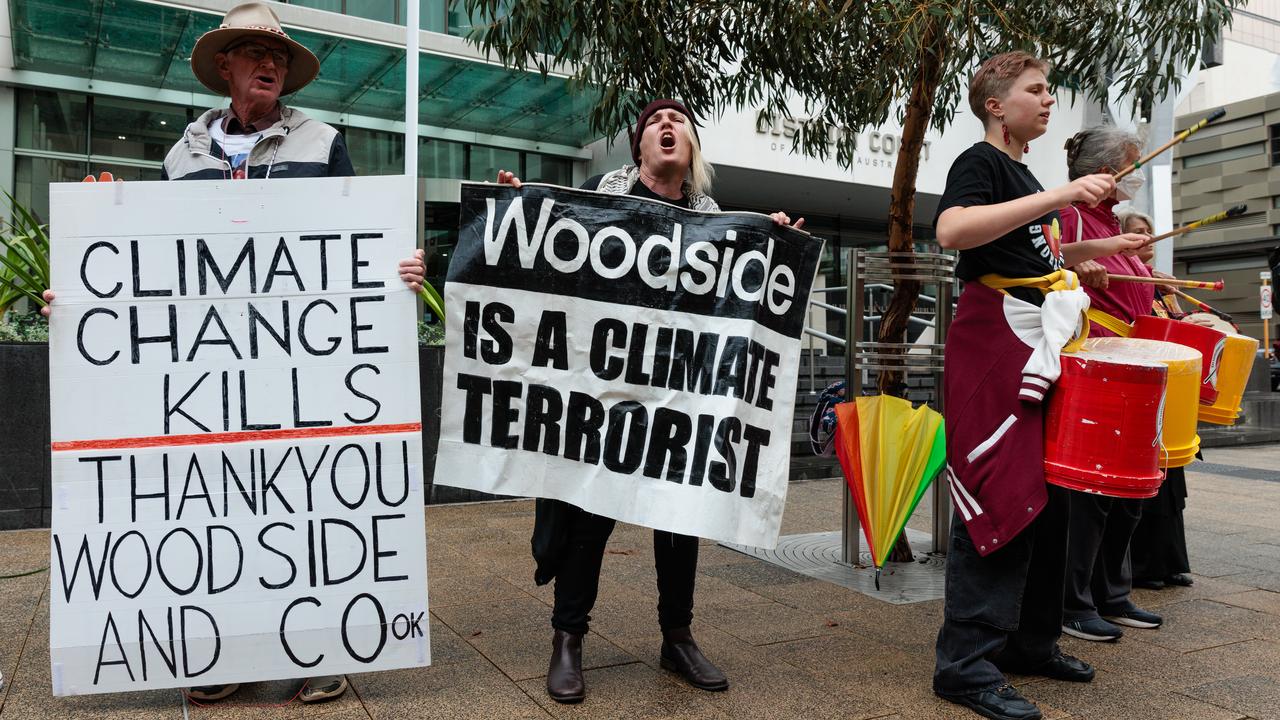
According to the foundation, her lawyer has told the court she wants the opportunity to address Australia’s international legal obligations and how international law should be considered when interpreting the country’s main environment law.
Environment Minister Murray Watt said he was aware of the proceedings but maintained approving the North West Shelf project to 2070 was “consistent with Australian law and our international obligations”.
The carbon emissions emitted across its lifetime would be 13 times greater than Australia’s total annual emissions, the conservation foundation says.
But Mr Watt has insisted the project would be required to reduce its emissions every year and reach net-zero greenhouse gas emissions by 2050.
Australian Associated Press is the beating heart of Australian news. AAP is Australia’s only independent national newswire and has been delivering accurate, reliable and fast news content to the media industry, government and corporate sector for 85 years. We keep Australia informed.
